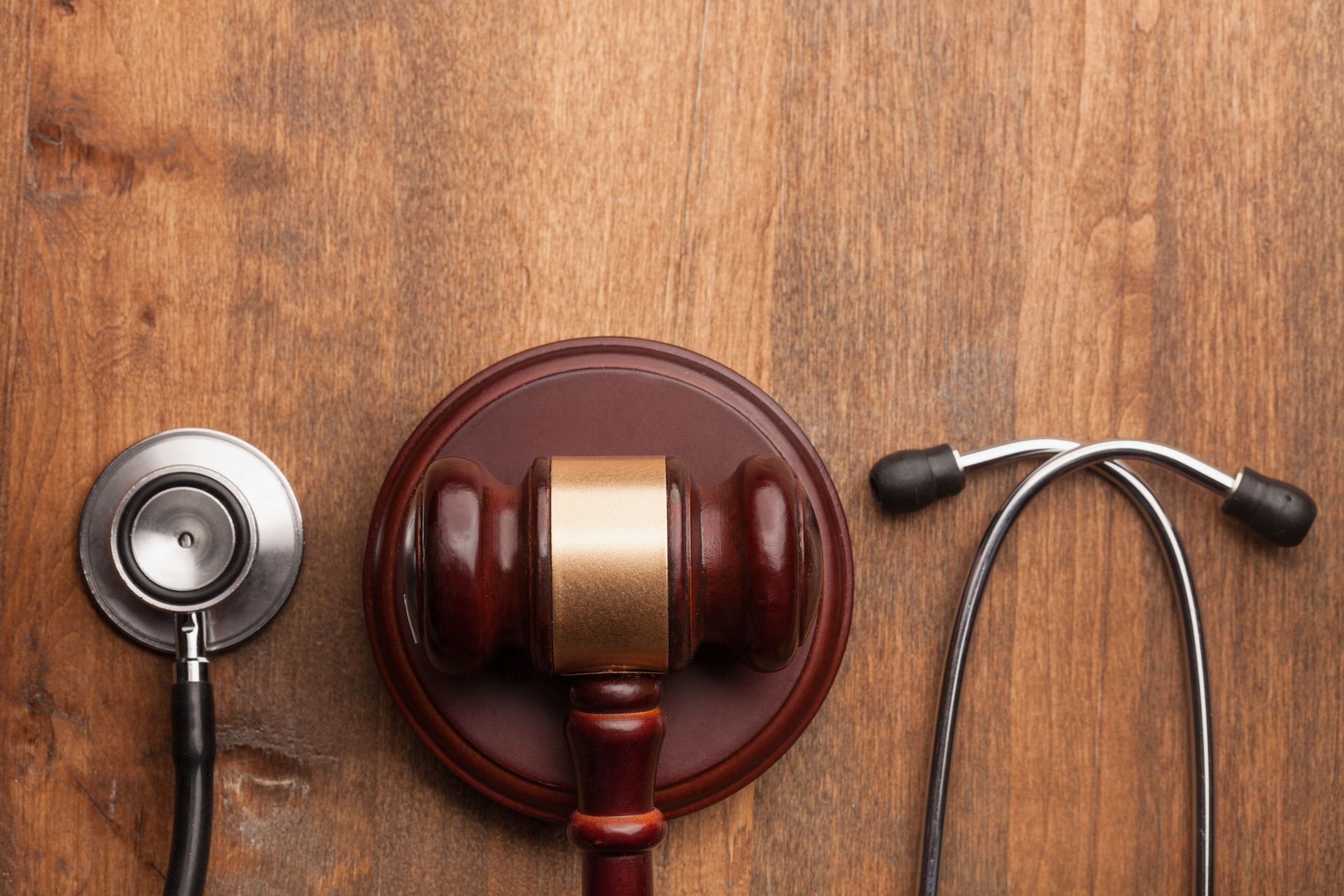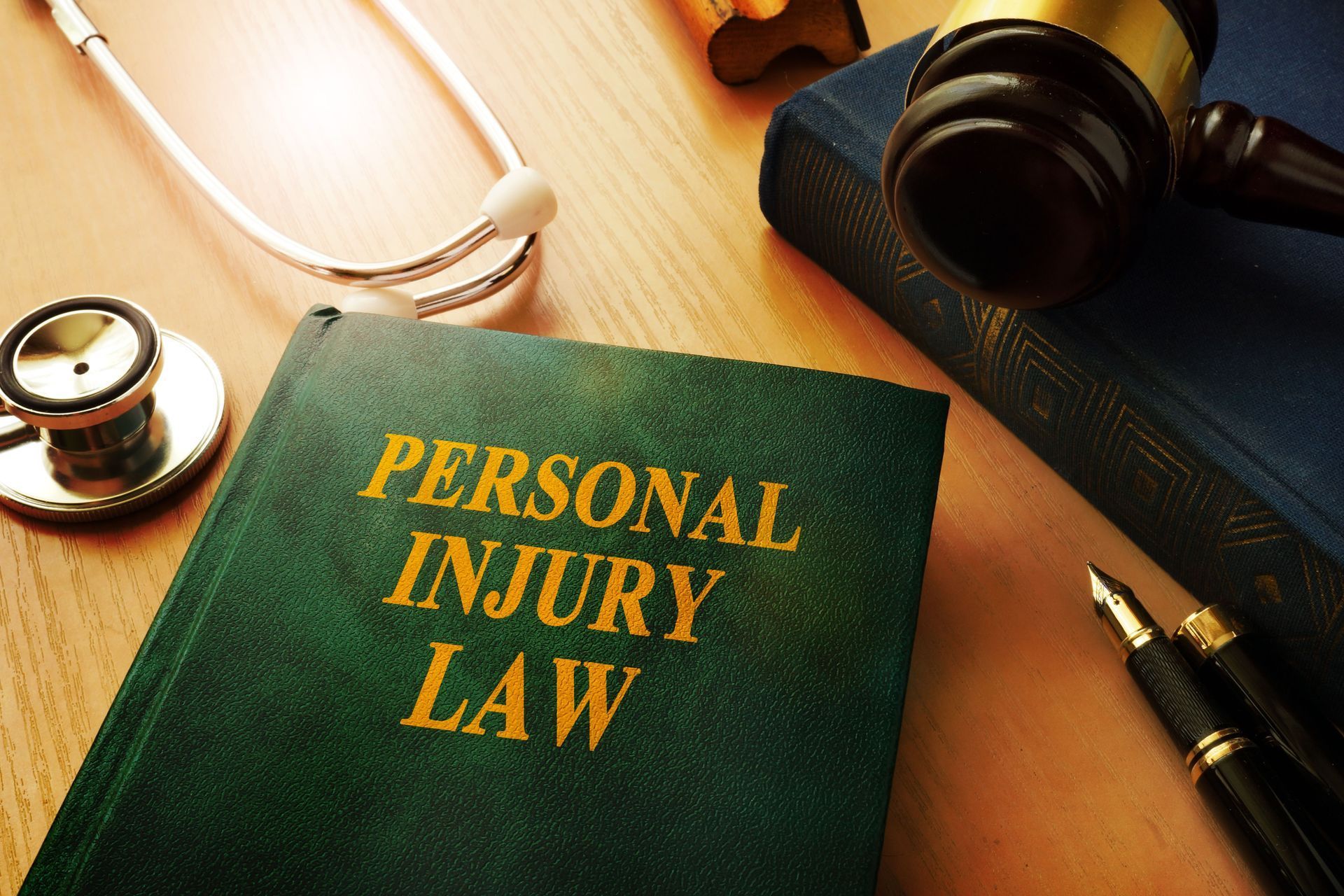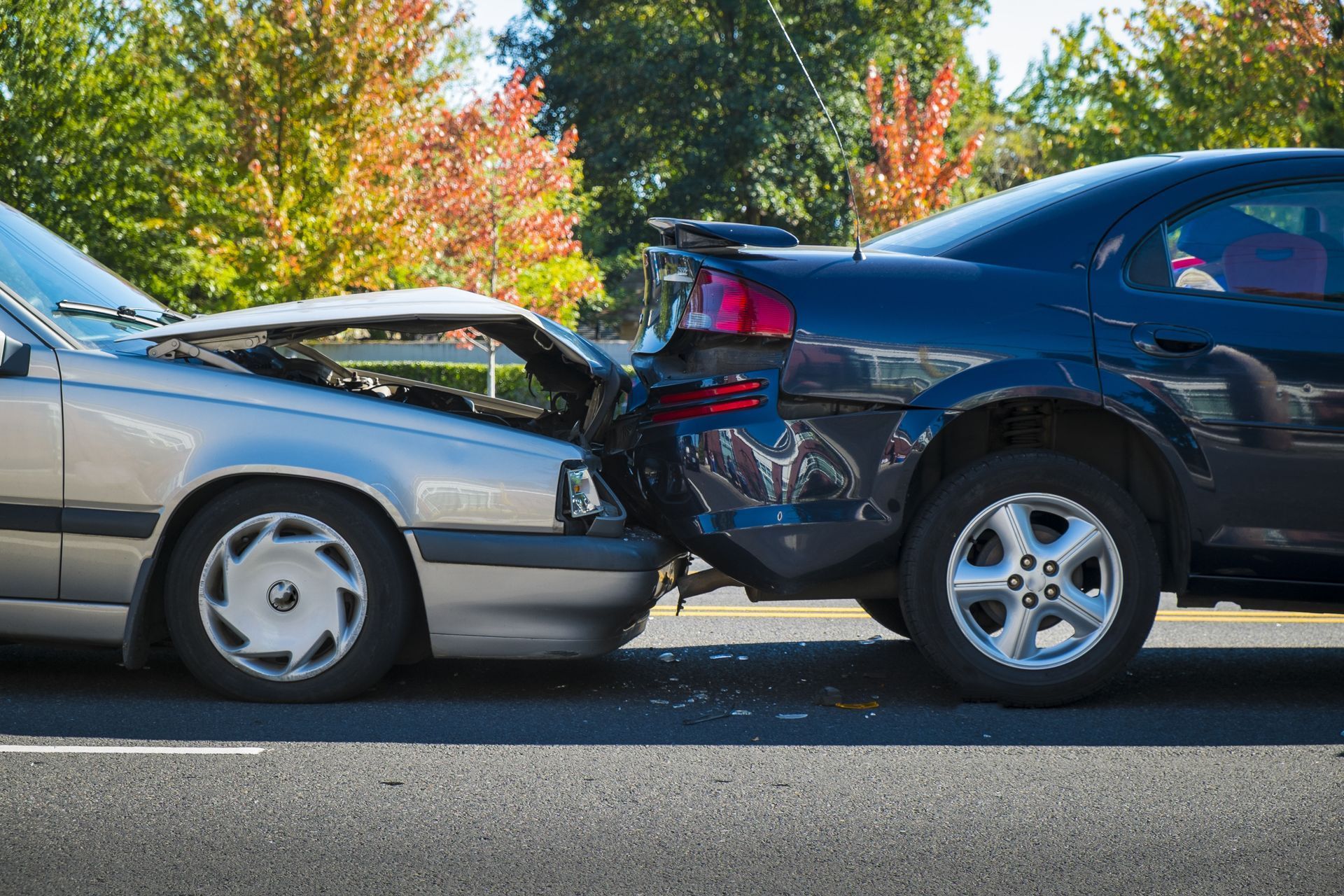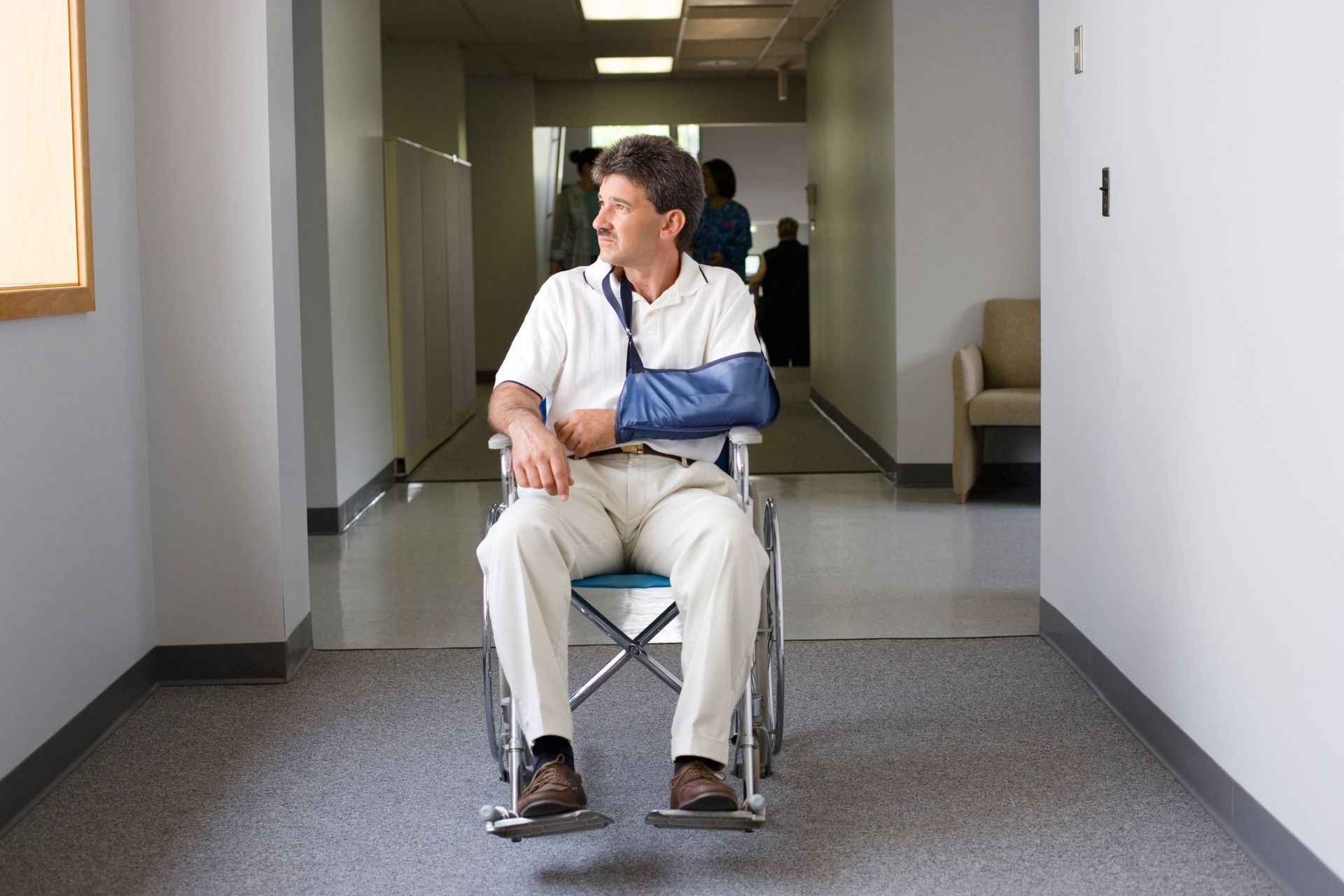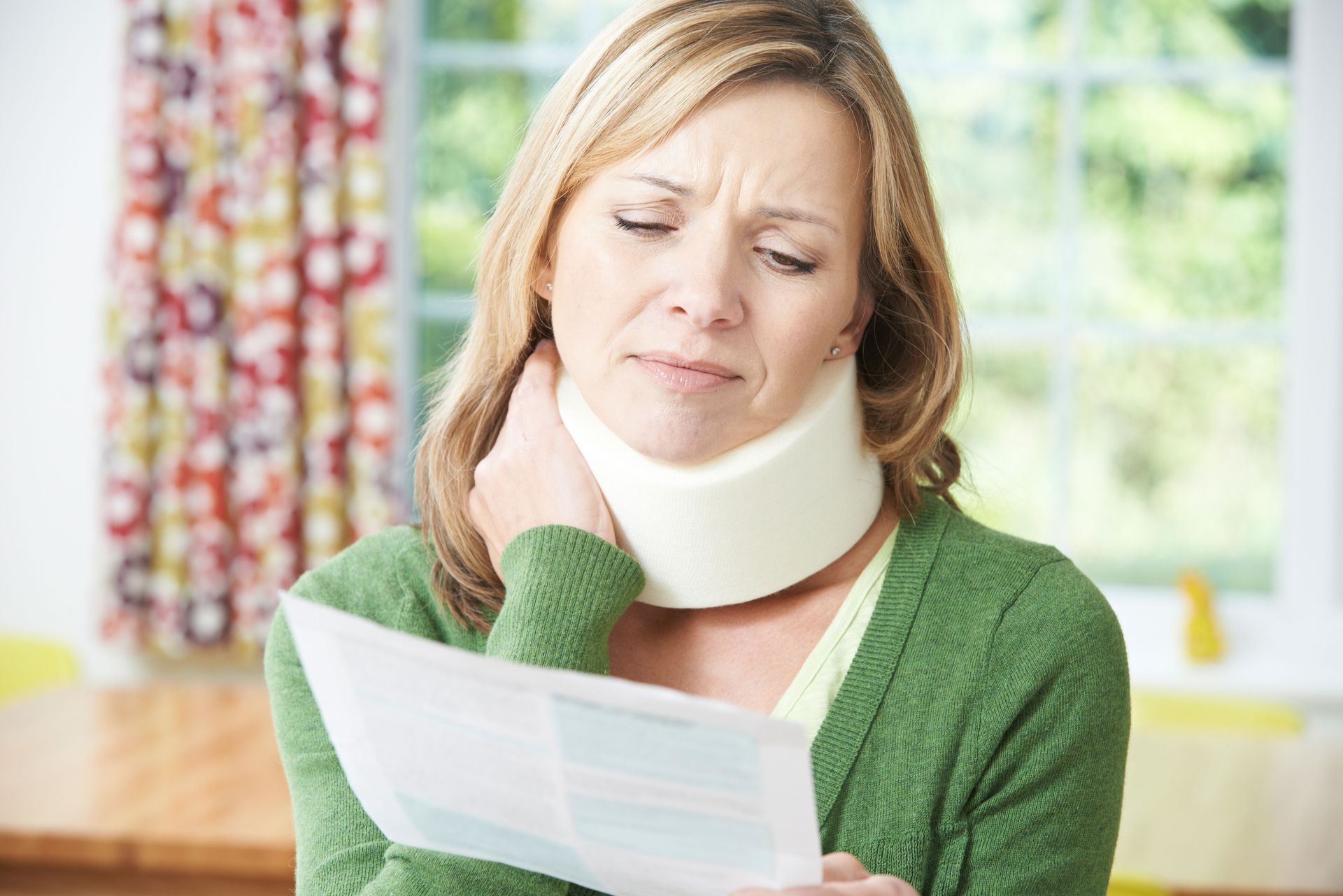Bitten by a Dog? Why You Should Contact a Local Injury Lawyer Immediately
Dog bites can turn an ordinary day into a stressful, painful, and expensive experience. In the moment, it’s natural to focus on first aid and figuring out what happened. Yet the decisions you make in the hours and days after a bite can shape your health, your recovery, and your ability to be fairly compensated. That’s why speaking with a local injury lawyer right away is one of the most important steps you can take. Below, we explain why timing matters, how state and local rules affect your case, and what an attorney can do that you can’t easily do on your own.
Why Acting Fast After a Dog Bite Protects Your Health and Your Claim
According to the American Veterinary Medical Association, approximately 334,000 people are sent to the emergency room due to dog bites each year. With this in mind, it's critical to get prompt medical care. It isn't just about tending to the wound, either; it creates documentation that links your injuries to the incident, which is crucial if an insurance carrier later questions when or how you were hurt. Early treatment also addresses hidden risks—like puncture wounds that look minor but carry bacteria deep under the skin. When you contact a local injury lawyer quickly, they’ll guide you on preserving evidence and warn you about statements that could be misinterpreted by insurers.
Timing also affects access to surveillance footage from homes or businesses, which is often overwritten within days. A lawyer can send preservation letters to keep that evidence from disappearing. Acting fast closes gaps in the record and positions you to recover for medical costs, missed work, and the very real pain and anxiety that may follow an attack.
Local Laws Shape Your Options and Deadlines
Dog bite rules vary widely. Some places follow strict liability for bites, while others require proof the owner knew or should’ve known the dog could be dangerous. There may be leash ordinances, “dangerous dog” designations, or special notice requirements that affect how a claim is presented. A local injury lawyer understands the specific standards in your city and county and how those rules interact with state law.
Deadlines matter, too. Statutes of limitation set the outer boundary for filing a lawsuit, and there may be shorter notice periods when claims involve landlords, public housing, or government entities. Miss a deadline and you may lose the ability to recover at all. Getting a local attorney involved early helps align your medical timeline with legal requirements so nothing slips.
A Lawyer Knows What Evidence Matters
Successful dog bite claims depend on clear, credible proof. You may already have phone photos, but a lawyer will think bigger. They can request animal control records, vaccination histories, prior complaints, and neighborhood reports. They’ll gather witness statements before memories fade and secure video from doorbell cameras or nearby businesses. If the dog was off-leash or fencing was inadequate, site photos and measurements can be pivotal.
Your attorney also coordinates with your healthcare providers to assemble medical records and opinions that connect the dots from injury to treatment to ongoing limitations. That’s the foundation for a strong demand package and, if needed, a lawsuit. Without that structure, insurers often minimize injuries or blame the victim.
Insurance Adjusters Aren’t On Your Side
Most dog bite claims are paid through homeowners, renters, or commercial liability policies. Adjusters may seem helpful, but their job is to limit payouts. Early calls often aim to lock in statements that reduce liability or downplay symptoms. You’re not required to give a recorded statement to another party’s insurer, and doing so can complicate your case.
A local injury lawyer deals with insurers daily. They’ll handle communications, frame the facts accurately, and prevent lowball offers from sticking. If coverage is disputed—say, a landlord claims no responsibility, or a business argues the dog wasn’t on its premises—your lawyer knows how to untangle those arguments and keep the claim moving.
Your Losses Are More Than Medical Bills
Dog bites can leave physical scars and psychological ones—fear of dogs, sleep trouble, anxiety in public spaces. You might miss work or need a job modification while you heal. Children may require counseling. A lawyer looks at the full picture: emergency care, follow-up appointments, antibiotics or rabies prophylaxis, plastic surgery consults, scar management, therapy, and lost wages.
They also consider future needs. Will you need additional procedures? Are there lasting nerve issues or mobility limits? Has a visible scar affected your confidence on the job? By carefully documenting these harms, a local injury lawyer presents a claim that reflects real life, not just the first hospital bill.
When The Dog Owner Is a Neighbor, Landlord, or Business
One of the hardest parts of a dog bite case is the relationship dynamic. If the owner is a neighbor or friend, you may hesitate to make a claim. Remember, the claim is typically against insurance—not the owner’s personal funds. A lawyer can handle the process discreetly to reduce tension.
Liability can also involve others besides the dog’s owner. Landlords who ignore unsafe conditions, property managers who allow broken gates, or businesses that permit pets in customer areas without proper controls may share responsibility. A local injury lawyer understands how to analyze premises liability alongside animal-related laws to identify all potential sources of recovery.
What to Do First
The first two days set the tone for your case and your healing. Seek medical care and follow your provider’s instructions. Report the bite to local animal control so vaccination status and quarantine rules are followed. Photograph the wound at each stage, the location where it happened, and any visible hazards, like gaps in a fence or a broken latch.
Collect contact information for the owner and witnesses, and save clothing or torn items without washing them. Limit social media posts—offhand comments can be misread by insurers. Then call a local injury lawyer to review your steps, spot any gaps, and begin preserving outside evidence (like video) before it’s gone.
What to Expect During Your First Consultation
Your initial meeting is usually free and focused on clarity. Be ready to describe the incident, your symptoms, prior interactions with the dog, and any communication with the owner or insurer. Bring photos, medical discharge papers, and names of witnesses. The lawyer will explain how liability works in your area, discuss medical follow-up, and outline a plan for gathering records and bills.
You’ll also talk about timelines and what happens if the insurer denies fault or disputes your damages. A local injury lawyer will set realistic expectations, identify the strongest arguments, and tell you what you can do at home to strengthen the claim, like journaling pain levels and activity limits during recovery.
You don’t have to battle paperwork, insurance interviews, or evidence collection while you’re trying to heal. A local injury lawyer from our team at Michael J Glassman & Associates in Voorhees, NJ can step in to organize treatment records, communicate with insurers, and push for a fair result that reflects your full experience. If you or a loved one was bitten by a dog, take care of your health first, document what you can, and then call us. A brief conversation can answer your immediate questions and put you on a path that protects your rights from the start! Get in touch with our experienced and compassionate legal team today to learn more.



